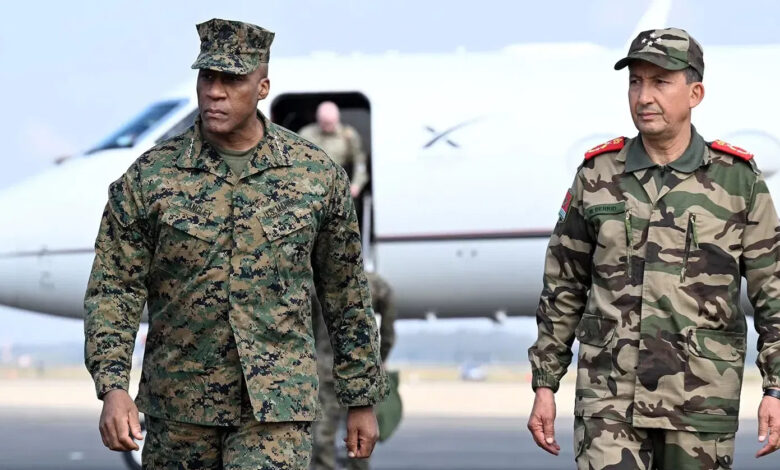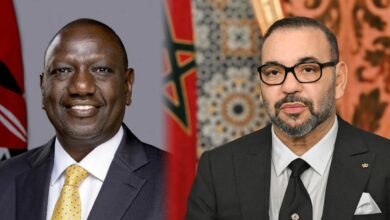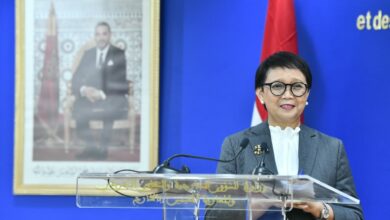AFRICOM Commander Supports Relocating U.S. Command Headquarters from Europe to Morocco
AFRICOM Commander Supports Relocating U.S. Command Headquarters from Europe to Morocco

ALDAR/
General Michael Langley, Commander of the United States Africa Command (AFRICOM), has expressed his support for the idea of relocating AFRICOM’s headquarters from Stuttgart, Germany, to an African country—suggesting that Morocco would be an ideal choice for such a strategic shift.
Langley made this statement during a session focused on security challenges in Africa. His remarks are not without basis; they are part of a broader strategic vision aimed at strengthening the United States’ direct presence on the continent and consolidating defense partnerships with friendly African nations—chief among them, Morocco, a longstanding U.S. ally in North Africa.
The nomination of Morocco as a potential host for AFRICOM is supported by several key factors, foremost among them its political and security stability, as well as its strategic geographic position linking Europe and sub-Saharan Africa. Morocco also boasts advanced military infrastructure and has previously hosted “African Lion,” one of the largest multinational military exercises on the continent.
Over the years, Rabat has proven to be a reliable partner in combating terrorism, organized crime, and irregular migration. The country also plays an increasingly vital role in the security of the Sahel and Sahara regions, areas that are plagued by rising extremist threats and weak border control by some states.
If AFRICOM were to move its headquarters to Morocco, it would mark a significant leap in military relations between Washington and Rabat. Such a move could be interpreted as a clear message to regional actors that the United States places full trust in Morocco as a central platform for addressing Africa’s security challenges.
Furthermore, should this decision be officially adopted, it would coincide with major global shifts, including the growing influence of Russia and China in Africa. This dynamic compels Washington to reinforce its physical and direct presence on the continent rather than managing African affairs from afar in Europe.
Despite the positive indicators, the proposal faces several challenges, most notably the need for political and military consensus within NATO, especially given Europe’s sensitive interests in the region. Additionally, the move may trigger reservations from certain regional powers that view expanded U.S. presence as a threat to their interests.
General Langley’s remarks are not merely personal opinions but reflect a new American orientation toward redrawing the map of military deployment in Africa. Thanks to its stability and solid strategic partnership with the United States, Morocco today stands as a leading contender to become the next headquarters of America’s most critical military command overseeing developments across the continent.
Should this proposal materialize, it would represent a pivotal shift in U.S. defense policy toward Africa and further elevate Morocco’s status as a key regional security actor.





